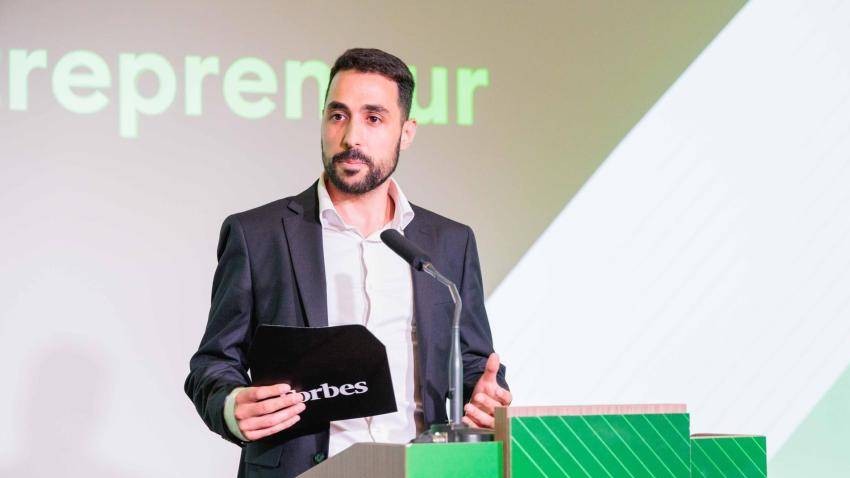More than 30 years after the democratic changes in Bulgaria in 1989, May 1 continues to be a public holiday and a non-working day, but the state authorities are no longer involved in organizing mass events and manifestations, as it used to be in the past. The older generation of Bulgarians remembers the rallies across the country on the occasion of Labor Day and international workers' solidarity. Work and talent go hand in hand in the traditional views of the Bulgarian - every story about a successful person usually points out the hard work and perseverance with which they achieved their goals. Today, however, the image of the working person in Bulgaria is not crowned with the halo of an authoritative and successful figure. The reason is that for years this country has been holding the top spot in the European ranking of the biggest number of working poor among the population. Compared to the average European wages, a Bulgarian with a low income has to work 3-4 months to reach the minimum monthly wage in countries like Germany, France, or Spain. The minimum income in Bulgaria seems even more minimal because of the rising prices, which cannot be compensated by the indexation of salaries. All this takes away from the festive mood on the traditionally cheerful Labor Day in Bulgaria.

According to data from the Bulgarian Industrial Association, in 2023 the most sought-after personnel on the market in Bulgaria were mainly machine operators and skilled workers in the production of food, clothing, wood products and and others. There is a need for waste collection and sanitation workers, too. One of the characteristic problems of the market remains the lack of qualified staff for the business and the need to import workforce from abroad. However, this is a momentary situation, according to the young and ambitious people from the Bulgarian Entrepreneurial Association - BESCO. It unites over 500 innovative companies in more than 70 different industries. What they have in common is that each of them works in the field of innovation and uses state-of-the-art technology. The main goal of BESCO is to build a community of entrepreneurs who, through cooperation and communication, improve the entrepreneurial climate in Bulgaria.

"The role of BESCO as a partner of the institutions is also important, especially when they make decisions about the future of business in Bulgaria," says Alexander Nutsov, a member of the leadership team at the Bulgarian Entrepreneurial Association:
"At the moment, the situation on the labor market is such that about 900,000 Bulgarians neither study nor work. About 200,000 young people live on the support of their parents and also do not work, nor study. At this backdrop, the technological sector needs about 50,000 qualified workers to develop the sector and the economy. Each day is a fight over finding qualified and loyal employees. This is a long-term issue."

According to Mr. Nutsov, BESCO's long-term vision is to catch up with the European average standard of living in 15 years, according to a World Bank's analysis. However, for this purpose, rapid development of the economy and use of all modern opportunities will be necessary. Bulgaria becoming one of the most attractive places for entrepreneurship in Europe is also part of the plans of the new business generation, Alexander Nutsov told Radio Bulgaria.
"Since last year, there has been a new tool aimed at highly qualified entrepreneurs who develop innovations and who can easily move their businesses from abroad to Bulgaria, but on the condition that they develop an innovative product. Here they will pay high wages and so they will help the development of the economy. We are also considering the introduction of a visa for the so-called digital nomads. These are usually highly educated personnel who will be useful for our country."

Artificial intelligence is also helping the business. People should be more adaptable and learn how to use the technology as a tool that will increase the quality of work and make it easier for them in the future, the BESCO team claim. This will open up more time for the purely human things, but it all depends on the resource invested in education.
See also:
Author: Gergana Mancheva
Publication in English: Al. Markov
Photos: BGNES, facebook/ BESCO, Freepik.com
At 04:00 Bulgarian time on October 26, 2025, we must turn our clocks back one hour. This means one more hour of sleep, but it does not eliminate the stress for the body as a result of the change in the biological schedule,..
A celebration of children’s love of books and imagination will take place on 25 October in Los Angeles, organised by the Bulgarian School “St. St. Cyril and Methodius” , according to the school’s Facebook page. The Parade of Books and Fairy Tale..
Romania renegotiates its National Recovery and Resilience Plan with the EU The European Commission has approved a new version of Romania's National Recovery and Resilience Plan, announced Minister for European Funds Dragos Păslaru, quoted by..
Minister of the Environment and Water Manol Genov has granted two centuries-old trees – each of which approximately 200 years old – protected status,..
Bulgarian compatriot Nina Vasileva-Zaneshev is one of the examples among the diaspora abroad, who give us confidence that wherever they..

+359 2 9336 661
